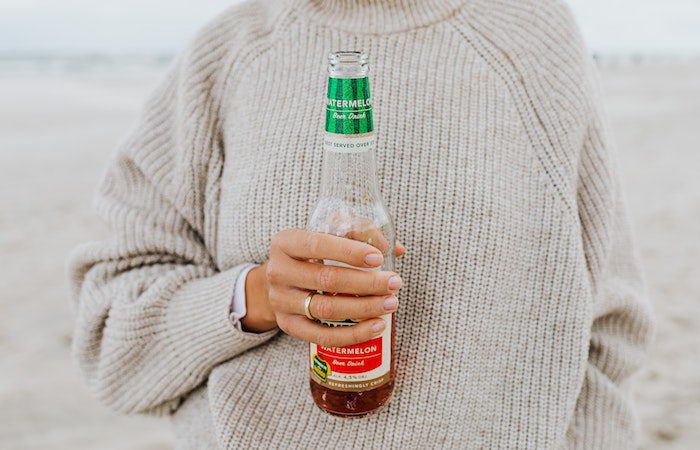Here is something true that most of us don’t really want to admit: When we want to do something we know we shouldn’t do, we are pretty good at coming up with a reason to do it anyway.
Imagine, for example, that your doctor has strongly suggested you need to cut back on your sugar intake. The doc has alerted you to the various negative health outcomes that can result from consuming too much sugar, and you have a good understanding of what might be at stake.
Now imagine it has been a few days since that conversation with your physician. It’s a coworker’s birthday and cake is on offer. You decide to have some because it would be impolite to refuse to celebrate with your peers, right?
The next day, you are running late for work and you grab a donut from the box on the counter because you can drive with one hand and hold the donut with the other—it’s not like you can do that with a bowl of healthy cereal, right?
That evening, you join some friends for dinner and notice that the restaurant serves your favorite soda. You don’t have any at home—after all, you are cutting down on sugar—so it probably wouldn’t hurt to enjoy a glass of carbonated goodness with dinner, right (and is it your fault they keep refilling your glass)?
You see the problem. You know what you should not do, and you fully understand why you should not do it. But it is oh so easy to find reasons to do it anyway.
Now, let’s replace the sugar in our example with alcohol. You might suspect you are developing a substance use disorder centered on alcohol. You might know that you should quit drinking because the consequences of continuing could be dire. And you might find reasons to keep doing it anyway.
Be Clear-sighted About the Signs of an Alcohol Problem
The tendency to rationalize many of our actions so that we can do what we want to do is difficult to overcome. But one strategy for doing so is to stay vigilant for the signs that you are developing an issue with alcohol—and then to be honest with yourself when you spot them.
And just what are those signs? You can tell you have a problem if you notice yourself doing any of the following:
- Setting a limit for yourself before you start drinking—and then blowing right past the limit.
- Missing work, school, or other obligations because you are drinking or hungover.
- Deciding to stop drinking (or to cut back) and discovering that you are unable to do so.
- Craving a drink so strongly that you can’t seem to think about anything else.
- Damaging relationships with friends and family because you drink too much.
- Skipping activities you truly enjoy in favor of drinking.
- Choosing to continue drinking even after noting a negative effect on your mental and/or physical health or on your ability to remember your behavior.
- Engaging in risky or dangerous behavior while under the influence of alcohol.
- Drinking more and more to achieve the same feelings you used to be able to achieve with fewer drinks.
- Experiencing withdrawal symptoms—including restlessness, shakiness, sweating, nausea, insomnia, and more—when you go too long without a drink.
Now, as we have noted, it is one thing to notice one or more of these symptoms, and another thing entirely to convince yourself to take the necessary action to regain and maintain your sobriety. Our hope, however, is that you will be able to make an honest assessment of your situation when these sorts of symptoms start to be apparent.
At that point—and we hope you will pardon the pun—it is essential to think of the evidence of a substance use disorder as truly sobering.
We Are Here to Help
At Farley Center in Williamsburg, Virginia, we blend compassion and expertise to provide personalized care that will help you regain your sobriety and acquire strategies for maintaining it. Our medically supervised detoxification program is followed by rehabilitation grounded in both individual and group therapy—and includes treatment for any co-occurring mental health disorders that may be in play. When your time in residential treatment comes to an end, you can rely on our continuum of care to provide ongoing support as your recovery journey gets underway. And in the event of a relapse, we will help you begin again without judgment.
When you realize you have a substance use disorder centered on alcohol, don’t fool yourself into ignoring or discounting it. Instead, get the help you need to reclaim your sobriety and your life.


